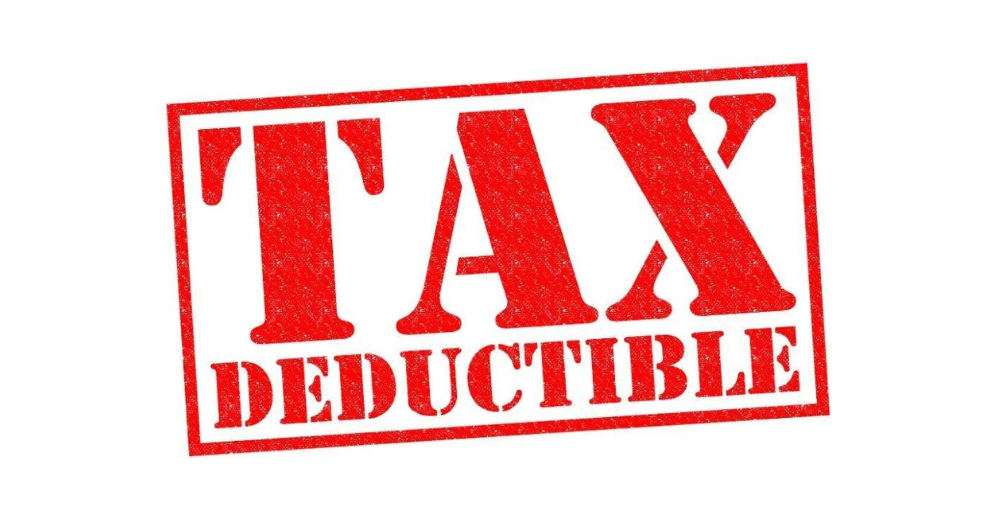Vehicle donations help charities and provide a nice tax break for those willing to give. Like any official form of charitable giving, donating a used car is tax deductible. Find out how your car can help with taxes below.
Get a Tax Break for Helping Others
An old car does not do its owner any good sitting in the driveway gathering rust. However, that unused vehicle can be a boon at tax time since car donations are tax deductible.
As with anything involving the IRS, people who want to donate cars to charity must follow specific rules. Giving a vehicle to another individual isn’t tax deductible, for example. The recipient must be an official charity or non-profit organization.
Before signing over the title, learn what it takes to maximize tax benefits this filing season.
How to Find the Right Charity
Unfortunately, scammers are willing to prey on people who want to do good. Car donation scams are surprisingly common, but it’s easy to avoid them. Make sure the charitable organization is qualified to receive tax-deductible donations.
The IRS maintains a list of tax-exempt organizations online. Those who do not mind the extra wait can also call the IRS to check if the charity is legitimate. All it takes is the charity’s name and address.
Gathering all the Necessary Documentation
Just finding a legitimate charity is not enough. The IRS will expect some paperwork. More specifically, taxpayers must submit a written acknowledgment of the donation filled out by the charity.
The document must include certain essential information about the transaction, including the VIN and date and the taxpayer’s SSN or TIN. The charity should also include a confirmation that it did not provide goods or services in return for the car.
What to Expect From Car Donations
Many charities sell the vehicles to raise money for their programs. If so, the tax deduction will be capped at the selling price, even if that price is lower than the estimated value.
After the sale, the charity will send the car’s former owner an IRS Form 1098-C. This form must contain a statement providing the gross proceeds from the sale, listing the date of sale, and certifying that the charity sold the vehicle to an unrelated party.
Even if the charity does not sell the vehicle, the donation may still be tax deductible. In this case, the IRS will consider it a noncash charitable contribution. The taxpayer will still need to attach a written acknowledgment from the charity, plus Form 8283, to the return.
Choose a Charity That Will Maximize Tax Deductions
Some charities make it easy to donate used vehicles and take advantage of the tax benefits. Choosing one that habitually receives used cars as charitable donations will help.
Remember that if the charity sells the car for less than its fair market value, the tax deduction will be capped at the sale price. If so, ask how the charity will get the best price for the donated car.
Taxpayers who have questions about how the process works should expect to get clear guidance from the non-profit organization. If the organization will not answer questions or provide the necessary paperwork, look elsewhere for a legitimate charity in need.
This post may contain affiliate links. Meaning a commission is given should you decide to make a purchase through these links, at no cost to you. All products shown are researched and tested to give an accurate review for you.

